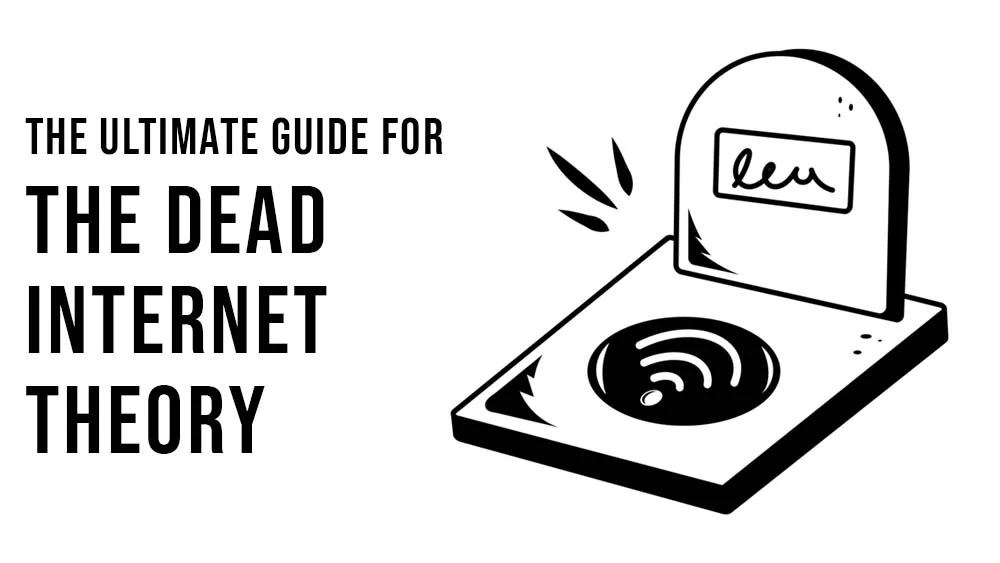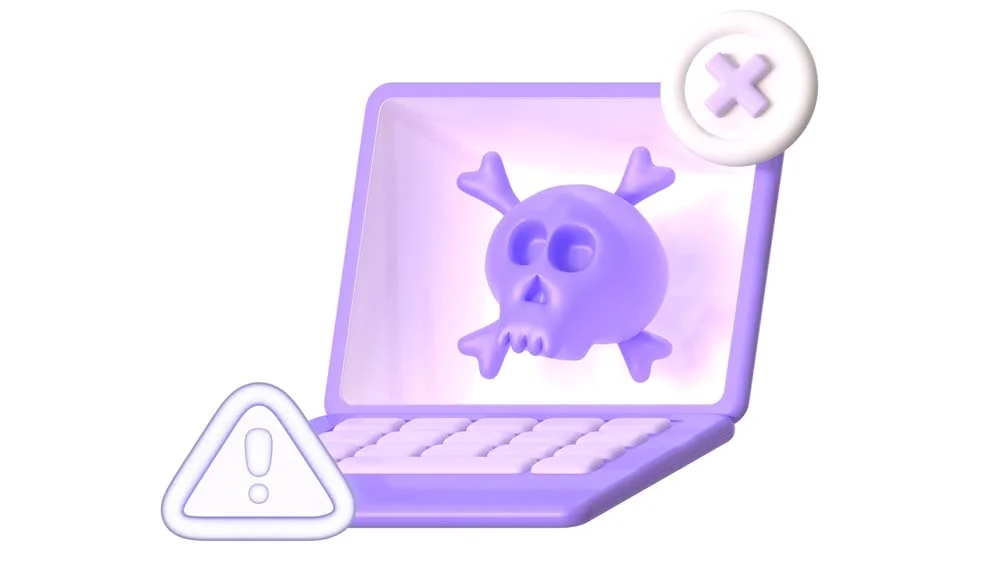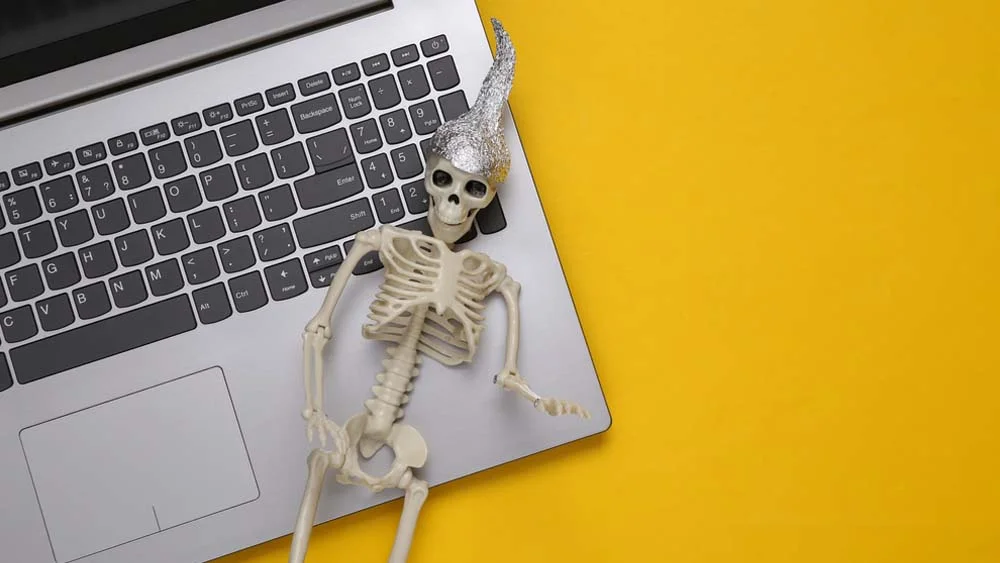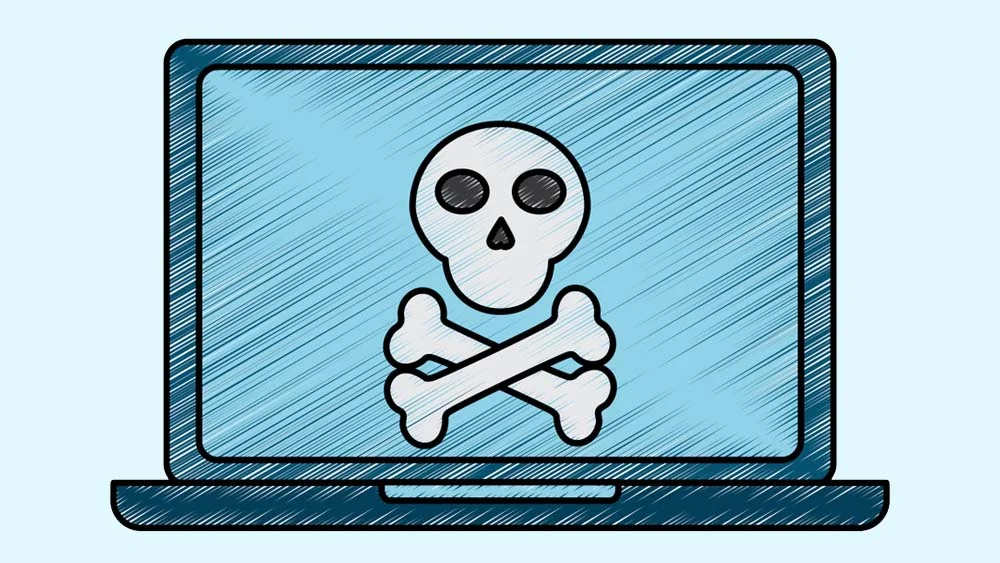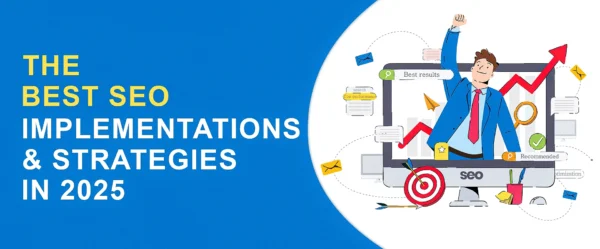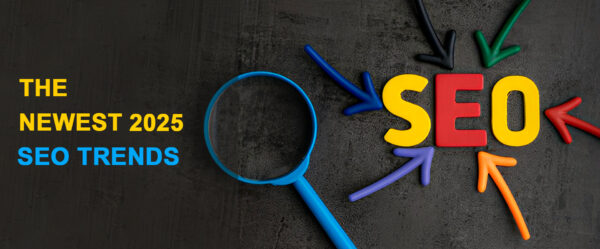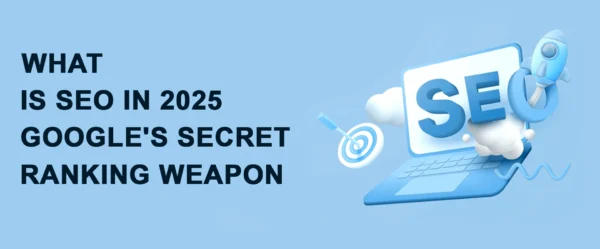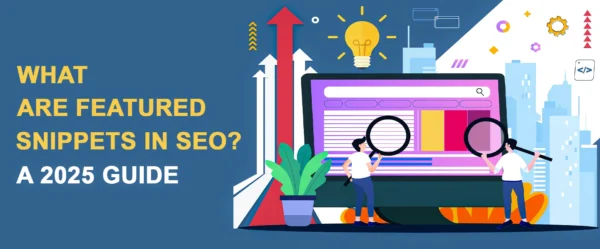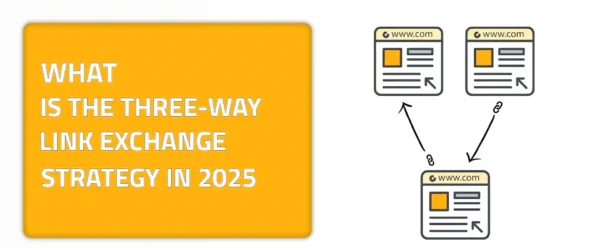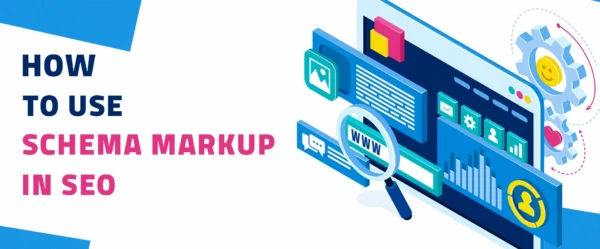You might’ve encountered some new generational kids saying that “the world has become a very scary place.” No, this guide is not about kids or their drama; it’s about how some evolving stages in our lives can take an eerie turn. What do I mean by that? Let me tell you what this guide is about. Ever heard of the “dead internet theory?” I sure have and it has proven to be as scary as it could be.
Imagine with me the following hypothetical situation: you’re logging onto the internet and it dawns on you that most of the content you’re interacting and engaging with is not actually created by human beings like me and you, but it is actually created or rather “generated,” by bots. Welcome ladies and gentlemen to the creepy dead internet theory.
This is a simple theory that suggests that the internet, the one you and I know, is actually quite dead. It implies that artificially intelligent content is now in charge and dominates it. Not only that, but also the theory suggests that we are living through fake interactions and algorithm-driven media. The theory states that what was once a normal and “alive” digital landscape is now merely a façade of fake communities and interactions.
A simulation where real human interaction is a rarity, scary, I know. I know that it may sound bizarre at first when you hear of it. However, this theory is actually sparking a lot of conversations and raising many eyebrows, including mine, if we’re being completely honest. So, is the internet truly “dead,” or is this just another wild conspiracy? In this ultimate guide, we’ll dive deep into the origins, evidence, and implications of the Dead Internet Theory, separating fact from fiction while exploring the potential impact on our increasingly digital lives.
The Origins of the Dead Internet Theory: When Did It Surface?
The Dead Internet Theory didn’t just appear out of thin air. As a matter of fact, it started with a few curious minds online, speculating about the internet’s evolution. So, when did people begin whispering about this theory? Around 2016-2018, discussions on niche forums like Reddit began to surface, with users noticing that much of the content on the internet felt oddly repetitive and artificial. But who were these early theorists? They were mostly anonymous individuals and internet geeks, questioning if bots and algorithms had started overtaking real human interaction.
The conversations began with simple questions:
- Why does the internet seem more commercialized?
- Why does every platform feel the same?
Some even speculated that this was the doing of government or corporate forces. That they are using bots to fill the void that real users left. Was this a conspiracy or just a result of automation trends? As more people started noticing the eerie lack of organic content, the theory gained traction. Which led to it sparking a fascinating online dialogue that continues today. Is the internet still alive, or has it become a well-maintained illusion? Read on to find out what’s my perspective on this very interesting theory.
What Does the Dead Internet Theory Suggest?
According to the Dead Internet Theory, bots and automated systems rather than real people create a large portion of what we interact with online. That is what I mentioned above, I know. Being repetitive shouldn’t scare you away now. That is because I am merely emphasizing what this theory suggests. So, what exactly does it mean for the internet to be “dead”? Proponents claim that a flood of AI-generated content and corporate-controlled algorithms have replaced the internet we once knew. That internet landscape was full of lively, genuine conversations and organic interactions. The theory claims that bots now outnumber real users. Something that I wouldn’t be so fond of if it turned out to be correct. That is because this leaves us with the fact that they would be creating the illusion of bustling online activity. Is it all true, though?
While it’s undeniable that bots play a significant role online (just think of spam accounts and automated replies), does this really mean human engagement is fading away like the majority of humanity that Thanos caused to easily evaporate in The Avengers Infinity War? Critics argue that social media and independent platforms still thrive with user-generated content.
Yet others point to the rise of repetitive, low-effort posts and clickbait as evidence of declining genuine interaction. Take LinkedIn as an example. A few months ago, I saw a debate about why LinkedIn was suggesting the same posts over and over again. The thing is, these posts are not “literally the same,” but they are very alike in terms of context and message. So, is the internet truly losing its authenticity, or are we just seeing a shift in how we connect? This remains one of the key questions at the heart of the Dead Internet Theory debate.
Analyzing the Evidence: Is the Internet Really Dead?
When it comes to the Dead Internet Theory, one of the most compelling arguments is the overwhelming presence of automated content and bots. Are we really moving towards a future where AI robots rule the world like in Jeff Vintar’s I, Robot? Well, consider this: up to half of web traffic today is non-human. Many websites are flooded with bot-generated posts, fake comments, and spam, making it harder to tell what’s real and what’s not.
- Automated content: From news articles to social media posts, algorithms now generate much of what we see online.
- Corporate monopolies: Tech giants control the platforms we rely on, and their algorithms push content that keeps us engaged, even if it’s not human-made.
- Illusion of choice: Have you noticed how your feeds often seem eerily similar? Despite the vastness and the many differences that shape the web, algorithms restrict what we see, making us feel like we’re choosing—but are we really? Inserts a skeptical emoji.
Debunking the Theory: Are There Any Arguments Against It?
While the Dead Internet Theory presents a compelling narrative, several counterarguments suggest that the internet is far from “dead.” For starters, consider the explosion of user-generated content across platforms like TikTok, Instagram, and YouTube. Aren’t these thriving spaces proof that real people are actively engaging and creating? Well, I for one, believe so. Don’t try to convince me that I am actually watching real-life robots reviewing a product on TikTok. These platforms are so full of authentic voices and creativity. Which proves everything I am believing in. Because they have authentic viral dance trends happening in addition to the many heartfelt storytelling videos of people’s experiences.
Moreover, independent platforms like Reddit and niche forums foster genuine interactions, where communities bloom through shared interests and discussions. How can we overlook the countless passionate debates and collaborations happening every day, though? You can start with the fact that the amount of content videos and very personalized opinions shared cannot just come from a machine-taught algorithm. Instead of being an eerie dark chamber, the digital world continues to have a beating heart that beats with vibrant, diverse conversations. This reflects the human experience in all its complexity. So, is the internet dying? Not quite; I for one, don’t think it is. Simply put, it’s evolving, and as scary and dark as it may get, it’s still all us human beings.
The Philosophical and Social Implications of This Theory
The Dead Internet Theory raises profound questions about our relationship with the digital world: Are we becoming too reliant on an online landscape that may be losing its authenticity? As we scroll through endless feeds filled with curated content, one has to wonder—are we truly engaging with real people that have voices like ours? Are these really their opinions or are we just mimicking the algorithm’s preferences? I know I may sound cynical, but I do have to ask these controversial questions for the sake of my sanity and yours.
This reliance can feel like a double-edged weapon. On one hand, the internet offers unparalleled access to information and connection; on the other, it risks diluting the genuine interactions that once shaped and gave character to our online experiences. What happens when we prioritize convenience over authenticity? I’d leave that for you to answer in our comment section, as I am truly interested in knowing and gathering as many different perspectives on the matter as possible.
The fear of losing that human touch in our digital lives is actually growing; there is no denying that. I do get very worried sometimes when Elon Musk releases a new “ongoing project” announcement. Not to be overly dramatic but I keep thinking: Will this product be it, that one hovering car that Tony Stark’s father couldn’t present properly in 1942? I know I watch way too many Hollywood movies. It is crucial to consider what it means to connect authentically in a time when automation and artificiality rule the world as we navigate this complex landscape. Ask yourself: Could embracing the raw, unfiltered essence of our online selves be the antidote to the illusion of connection?
Final Thoughts!
As we delve deeper into the ongoing debate surrounding the Dead Internet Theory, we find ourselves at a crossroads: is this a mere conspiracy or a reflection of our evolving digital landscape? While some argue that the internet has become a shadow of its former self, others highlight the vibrant communities and genuine interactions still thriving online. Navigating this “dead” internet requires a discerning eye and a commitment to seeking authenticity in our connections.
Embracing platforms that foster real engagement is essential. If you’re looking to enhance your online presence and connect with genuine audiences, consider exploring linkexchange.ai. By leveraging our services, you can build meaningful relationships and contribute to a more vibrant digital ecosystem. Sign up now and start your discovery and “real” interaction journey.


